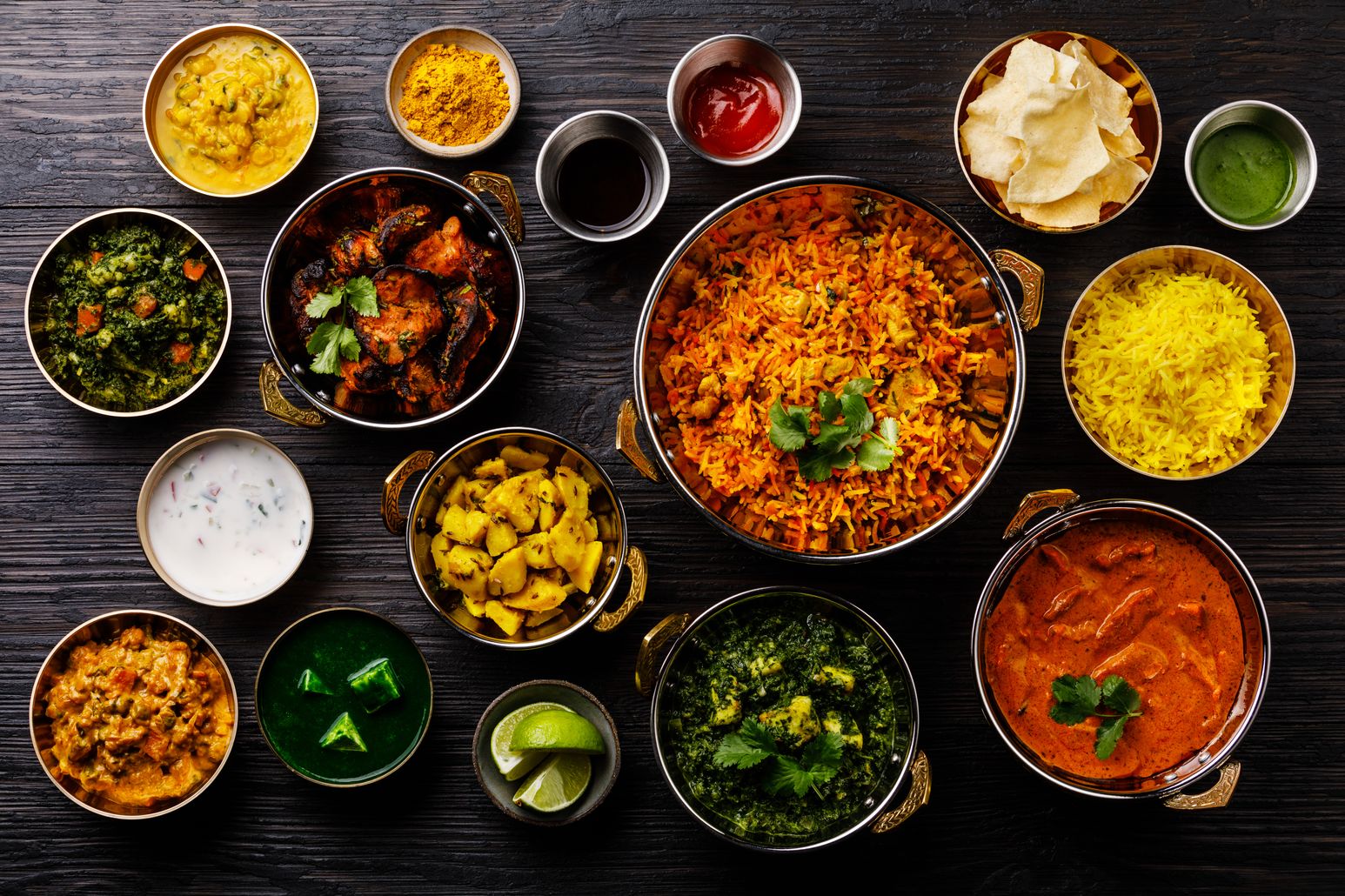
What to Know About Traditional Indian Cuisine’s Health Advantages
The variety of Indian cuisine adds to its appeal. This is perhaps why people from all over the world enjoy what this food has to offer. But beyond taste and exoticism, there are numerous health benefits that come with traditional Indian cooking. Read on to learn and discover them today!
Humans Require Variety in their Diets
Human cells necessitate a wide variety of foods and nutrients. Indian cuisine incorporates a wide range of spices, each of which has numerous health benefits. A well-balanced diet should include a wide range of spices and vegetables. Consume seasonal, local produce to keep your health and immunity in check.
Indian food is Full of Grains
India grows a lot of rice grains like bajra, nachni, jowar, and others. Rice, unfortunately, is not permitted on low-carb diets. Diabetics, according to Luke, can eat hand-pounded rice. Pulses are widely used in Indian cuisine. Dal rice and rajma rice have long been loved by Indians. These meals are high in protein and contain all of the essential amino acids.
The Indian Thalis
Each bowl in an Indian thali is quite small. It includes 2-3 types of dal, sabzi, rice or roti, or a combination of the two. The thali also includes a sweet dish. In terms of essential nutrients, this thali is well-balanced. However, thalis are now much larger. Because of Western culture’s obsession with supersizing, traditional Indian thalis’ portion sizes have almost certainly increased.
The Indian Oils
India has a wide variety of cooking oils. From mustard and peanut oil to coconut and groundnut oil, India produces a wide range of nutritious cooking oils. However, the manner in which they were processed in the past was far healthier than the manner in which they are processed today.
The Indian Salts
India gave the world black, pink, and rock salt. However, as salt became more refined, Indian cuisine became less healthy. As a result, ingredients have undoubtedly influenced Indian cuisine.
The Allure of Indian Curry
When prepared correctly, Indian curry has immune-boosting properties. It may help to reduce inflammation, which is linked to diseases like diabetes, hypertension, and heart disease. Many of the spices found in Indian curries have medicinal properties.
The Wheat
Wheat is inflammatory, as we discovered. However, the manner in which the wheat is processed has an impact on this. Hand-ground wheat is not associated with bloating or digestive issues. Bread should be avoided because it contains harmful chemicals that can harm your gut health.
The Pickles and Chutney
Pickles are one of the best probiotic foods you can eat when made with good salt (rock salt) and oil. Chutney is a nutrient-dense traditional Indian condiment.
Conclusion
Indian cuisine is well known for its variety, but it should also be known for being nutritious and filling at the same time. Traditional Indian cuisine is one of the healthiest in the world due to the variety of foods, spices, and dishes available. Immunity, inflammation, brain function, and other bodily functions are all boosted by Indian dishes that are prepared safely and consumed moderately.
Are you looking for Indian food? Veerji serves authentic Indian dishes in British Columbia. Our family-run restaurant is best for those who enjoy Indian taste. Come and explore our menu, and visit us in our multiple locations. Call us today to make a reservation!




